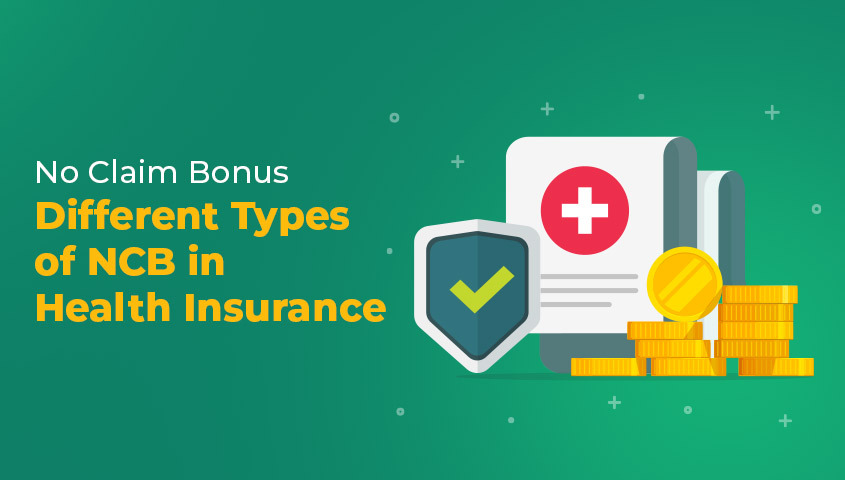
A health insurance policy is a very important requirement in today’s age. Modern day lifestyle has made an average individual more prone to illnesses. Coupled with this, the rate of medical inflation has increased tremendously to almost 20% according to HDFC ERGO. Here is the graph showing the increase in hospitalization costs as surveyed by the National Sample Survey Office in 2014:
Both these reasons mandate a health insurance policy for your whole family, an important requirement. Insurers have designed family floater health insurance plans to fulfill this requirement. These plans cover all the family members under a single umbrella and are also affordable. Even your parents can be covered under such plans. But, is covering your parents under the same floater plan prudent?
Before advising you on the right course of action, let’s understand the concept of family floater plans.
What are family floater plans?
Family floater plans cover family members in one plan under a single Sum Assured. The members covered include self, spouse, dependent children and dependent parents. Some health plans also cover parents-in-law. These plans are cheaper than individual health plans for each family member.
Read more about family floater plans
Should parents be involved in a floater plan?
Though family floater plans allow the inclusion of parents, it is not prudent. There are several reasons why parents should not be included in a floater health plan. Such reasons include the following:
- Entry age restrictions. Floater plans have a restriction on the maximum entry age. Usually the age of the eldest member is considered and is limited to 65 years. If your parents are above this maximum age limit, they cannot avail a floater plan. Individual senior citizen plans, on the other hand, are designed for individuals above 65 years of age. Thus, they fit better for your parents’ cover.
- Higher rates of premiums. Under a family floater plan, premium is calculated using the age of the eldest member. If you include your parents, the premium rate would depend on their age and would be high.
- Disadvantage of frequent claims. When you do not make any claim in your health plan, you are entitled to a No Claim Bonus (NCB) in the subsequent year. This NCB is cumulative in nature and accumulates for every consecutive claim-free year. If your parents share your floater cover, being aged, they might require frequent medical assistance. As such, the probability of making a claim in your plan increases and you lose out on the accumulation of NCB.
- Pre-existing waiting period. Every health insurance plan has a waiting period for pre-existing illnesses. The waiting period ranges from 2-4 years depending on the plan chosen. Since your parents might be suffering from such illnesses, their illnesses would be excluded from the scope of your plan. Consequently, despite having a health plan, you would have to bear the medical costs of such pre-existing illnesses.
What should you do?
From the above discussions, it is clear that parents should not be covered under your floater health plan. However, they should not be left out from the scope of a health plan either. You should buy a separate floater plan for your parents. Below are the arguments in favor of such separate plans:
- Customized coverage. Senior citizen plans are designed especially for older individuals. As such, they provide an exhaustive coverage for ailments found commonly in the older population. Under these plans, your parents can enjoy all-inclusive coverage for their ailments which were excluded from your regular floater plan.
- Lower waiting period. If your parents are more than 60 years of age, then you should opt for Senior Citizen Plans for them without a second though since they might have pre-existing ailments. Plans for Senior Citizens generaly cover pre-existing illnesses after a smaller waiting period compared to regular health plans. Thus, you would be spared the expenses of such ailments.
However, for parents less than 60 years of age you need to avail regular health plans as they may not qualify for senior citizen plans. - Savings in premiums. Premiums for your floater plans would come down when you segregate your parents’ coverage. For example:
Case 1. Mr. A, aged 35 years buys Apollo Munich Easy Health Plan covering his family – parents (60 and 58 years), himself (35 years), wife (33 years) and two kids (4 and 2 years). He chooses the Sum Assured of Rs.5 lakhs and the premium required comes to Rs.84, 386 for a 1-year policy.
Case 2. He buys a separate family floater for his family (self + wife + kids) and another one for his parents. He pays Rs.23, 781 for his floater cover and Rs.48, 237 for his parents’ floater cover bringing the total outgo of Rs.72, 018. This is significantly lower than the earlier figure.
All in all, though you might be tempted to include your parents in your floater plan itself, you should avoid doing so. Covering your parents in a separate health plan makes more sense. We, at Turtlemint, believe in this and provide a separate health plan for your parents at the outset. If you wish to buy a health plan online for your family visit us at www.turtlemint.com. We would fulfill your health plan requirement and also suggest a separate plan for your parents.
Read also An anatomy of an health insurance plan
Read more about Dejargonizing health insurance terms

































